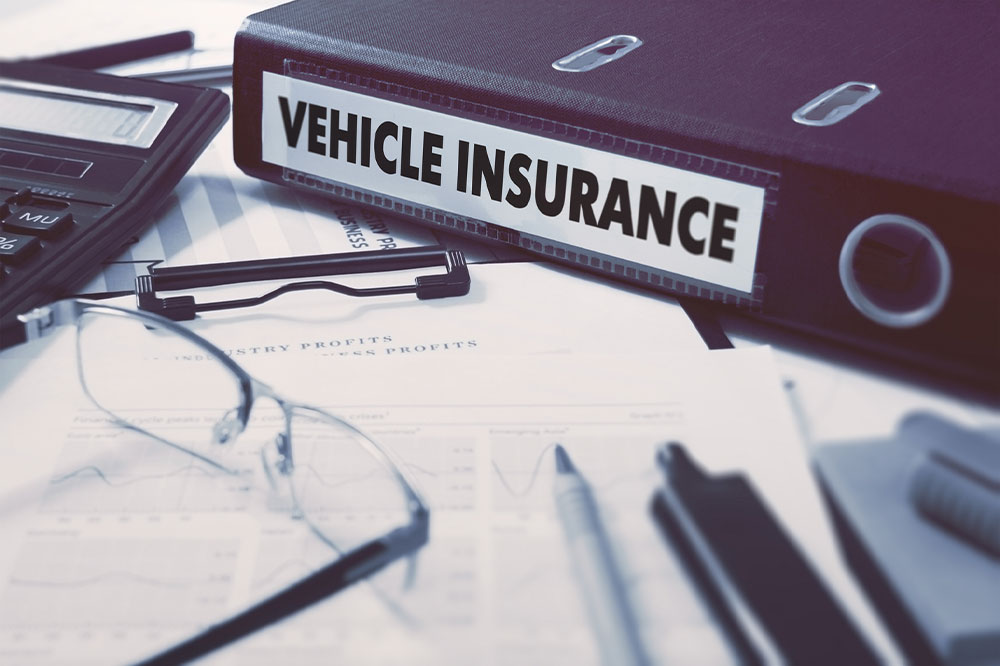Things to know about vehicle insurance
Every car owner needs vehicle insurance, irrespective of whether they use the car, park it in their garage, or give it to a friend. Most states make this insurance mandatory by law. However, getting it can be tricky if this is your first time, as it involves learning about various coverages and other concepts. This post will take you through the different aspects of vehicle insurance so that you are well-informed when choosing a policy.
What is vehicle insurance?
Vehicle insurance, or auto insurance, is a shield of financial protection. It covers the costs in case the automobile meets with an accident or gets stolen.

What are the types of coverage?
You can claim different types of coverages from the insurance company. These include:
Liability coverage
T his coverage is applicable mainly if the automobile meets with an accident. The cost of treatment for the other driver and the cost of repairing their car is covered. Legal fees are covered too.
Personal injury protection
It helps pay for the treatment of injuries. The policy would cover not just your treatment expenses but also those of your passengers if they were involved in the accident. Sometimes, it covers lost wages and funeral costs too.
Comprehensive cover
T his policy offers financial protection when the car is damaged for reasons beyond your control, such as falling trees, floods, or other natural reasons. It also covers the costs of repair if the damages were caused due to vandalism.
Collision coverage
This coverage protects the automobile in case of a collision with another car. It also covers the vehicle from collisions with other objects, like fences and trees.
Underinsured and uninsured motorist injury claims
A lso known as UIM, this coverage helps pay for injuries caused by another driver who does not have insurance, or the policy does not have enough coverage.
Vehicle insurance concepts
When getting this type of insurance, you will come across a few concepts, such as:
Coverage maximum
This is the highest amount the insurance company will pay when you make a claim. Once the limit is reached, you will have to pay the remaining amount yourself.
Deductibles
S ome insurance types, mainly comprehensive and collision policies, come with deductibles. This is an amount you need to pay from your pocket, and the insurance company will pay the rest. If you want to reduce the deductibles, the premium will be higher.
Minimum coverage
A minimum coverage policy offers only a tiny amount of financial cover as mandated by the state. In most cases, it is liability insurance.
Full coverage
An auto insurance policy that offers liability, collision, and comprehensive coverage is called a full coverage policy. It is considered better than a liability-only policy.
Premium amount
T he monthly amount depends mainly on two factors: your car’s safety features (a safe vehicle will have a lower premium) and the cost (if the car is expensive, the premium will be higher).
Why get vehicle insurance?
The following are three primary reasons to get this insurance:
Mandatory by law
In most states, it is mandatory to have car insurance. If found driving without it, you could be fined. The chances of having your license suspended or canceled are also higher. In severe cases, defaulters can end up in jail. So, it is vital to know your state’s requirements and ensure the insurance policy meets the same.
Saving expenses later
Vehicle insurance protects from incurring heavy expenses later. The premium is comparatively much lower than the amount you would need to spend if involved in an accident or if the car gets stolen. Treatment and repair costs can take a toll on savings and dramatically impact the household budget.
A protective shield
Without a doubt, this insurance keeps you protected on the road. It provides peace of mind for the driver because, during any fatality, the last thing you want to be worried about is bearing the expenses of fixing the car or getting treatment.
Who is covered by vehicle insurance?
Besides you, the insurance policy may cover your family members and anyone who drives the vehicle with your consent. However, they need to be listed on the policy. But remember that auto insurance applies only when driving the car for personal reasons, for example, going to the office, weekend trips, etc.

